The end of disposable coffee cups may be approaching!
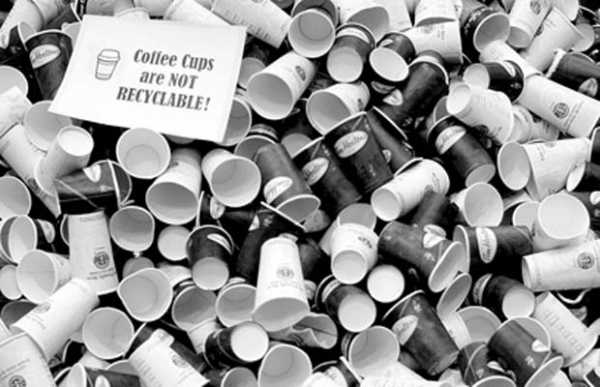
Coffee cups are thought to be the second largest contributor to litter waste after plastic bottles.
Australia and Vancouver, Canada first spotted the problem, and they are already trying to find ways to restrict their use. Even though single-use coffee cups seem to be made of paper, they usually contain a plastic lining, making them in most cases unsuitable for recycling. As a consequence, almost 90% of disposable coffee cups end up in landfills. But there, of course, they do not biodegrade.
And that is the best-case scenario. What about the coffee cups which end up in the environment? The plastic will stick around for a really long time and may even end up in the oceans, where plastic is already the world’s biggest global pollution problem!
On the other hand, recyclable cups exist, but it’s a matter of price for café owners to use them widely.
Vancouver is officially trying to come up with regulations to address the ‘distribution, use and recycling of commonly disposed items designed for single-use’.
Ban of use, mandatory recycling, take-back programs are just some thoughts. It is more than obvious that action should be taken, and sooner or later more countries will look into this problem.
In the meantime, the easiest thing would be to reduce their distribution at sale points (according to the principle Reduce, Reuse, Recycle), so next time bring your own reusable cup to take away. It’s as simple as that!
Want to read more like this story?
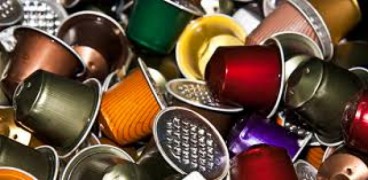
Hamburg is the first city to ban the use of coffee capsules
Mar, 07, 2016 | NewsAfter San Francisco’s ban on plastic bottles’ sale, now it is Hamburg that forbids the u...
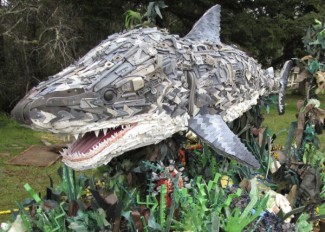
Giant sculptures made entirely out of plastic found on our beaches
Apr, 13, 2016 | NewsTime to reconsider the use and end-of-life management of plastic Time to reconsider the use and e...
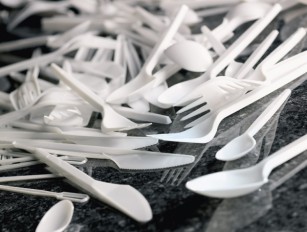
France bans plastic cups, plates and cutlery starting in 2020
Sep, 26, 2016 | NewsThey must be replaced by ones made of 50% biologically-sourced materials, biodegradable and home-com...

The plastic pollution problem in charts
Dec, 11, 2017 | NewsThe total volume of all plastic ever produced has been calculated at 8.3 bn tonnes (the equival...
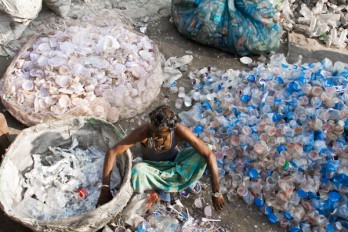
India bans disposable plastic in its capital
Feb, 17, 2017 | NewsDelhi takes a step forward towards fighting plastic pollution Delhi takes a step forward towards...
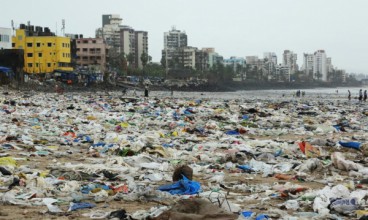
Indonesia pledges $1 billion annually to tackle ocean pollution
Mar, 22, 2017 | NewsThe country is the second largest plastic polluter in the world after China The country is the se...

Floating hotels project for 2022 Qatar Football World Cup
Jan, 27, 2020 | NewsQatar plans to establish 16 floating hotels to host fans that will arrive for the 2022 Football Worl...
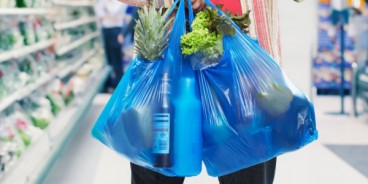
France bans common plastic bags from supermarkets
Jul, 20, 2016 | NewsThe ban is in effect since the 1st of July and covers single-use plastic bags mostly used in superma...
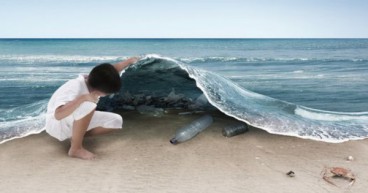
By 2050, there could be more plastics than fish in the oceans!
Mar, 04, 2016 | NewsIn a business-as-usual scenario, the ocean is expected to contain 1 ton of plastic for every 3 tons...
Trending
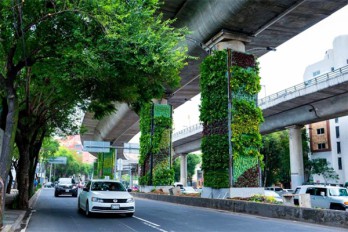
Vertical gardens in Mexico City to combat pollution

Saudi Park Closed After 360 Big Pendulum Ride Crashes to Ground, 23 injured

Characteristics of Load Bearing Masonry Construction

Taipei 101’s impressive tuned mass damper
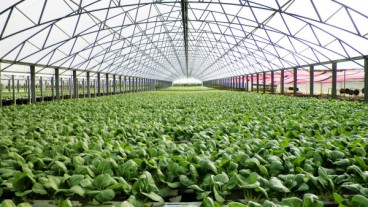
Dutch greenhouses have revolutionized modern farming

Federal court rules Biden’s offshore drilling ban unlawful


